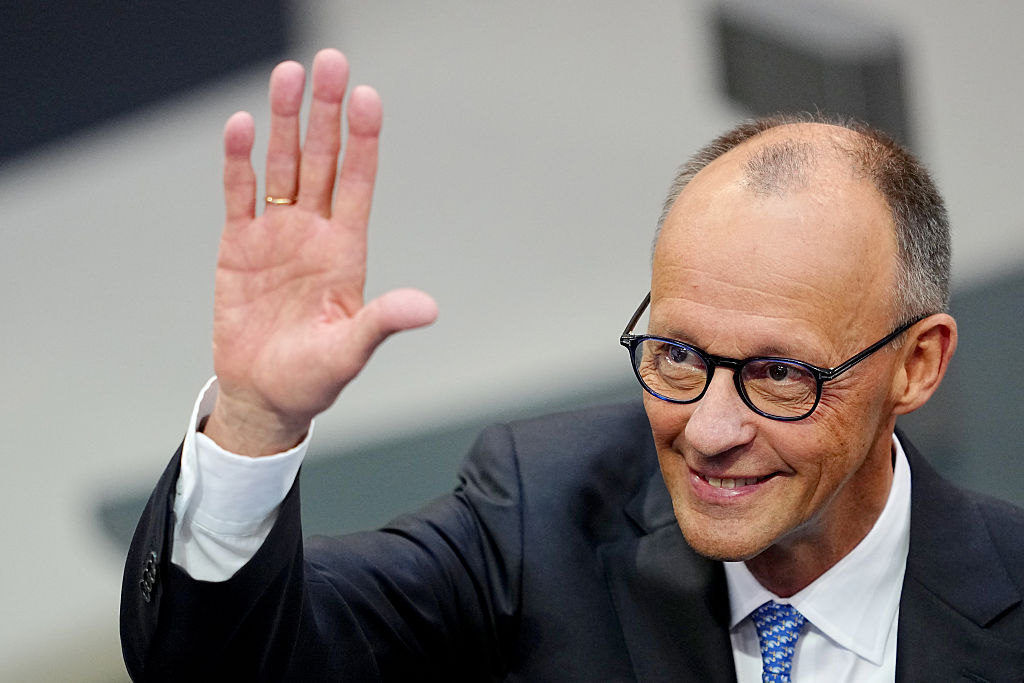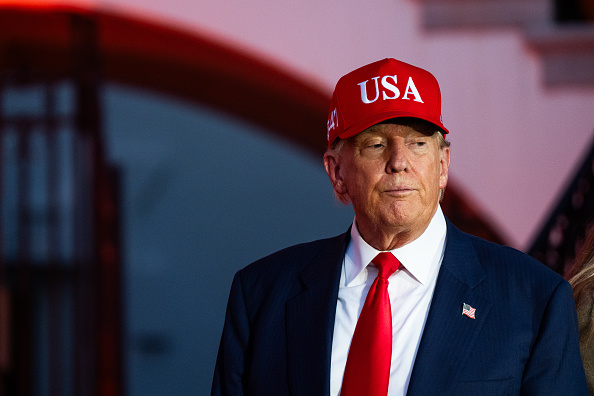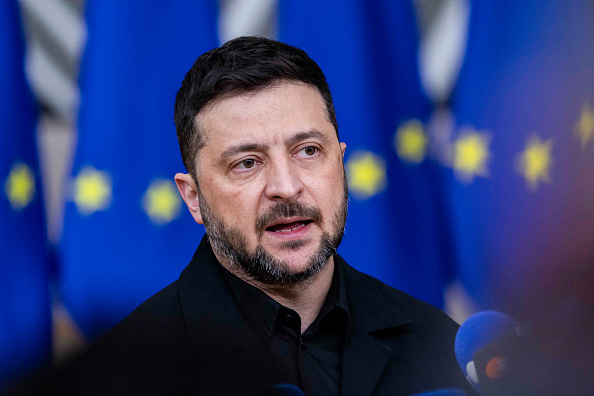Merz elected German chancellor after unprecedented second-round vote
Merz had become the first designated chancellor not to be confirmed by the Bundestag in the first ballot.

BERLIN – The German parliament elected Friedrich Merz as German chancellor on Tuesday, following a massive setback in the morning that saw him fall short of a majority on his first attempt.
A total of 325 of the 630 delegates in the Bundestag, the lower house of Germany’s parliament, voted for the leader of the Christian Democrats (CDU). 289 voted against him, while one MP abstained. Merz needed 316 votes to secure a majority.
He failed to reach that threshold in the first round as the first designated chancellor in the history of the modern German republic. Only 310 MPs voted for Merz, with 307 MPs voting against him in a secret vote and three abstaining.
The coalition – which includes the CDU, their Bavarian allies, the Christian Social Union (CSU), and the Social Democrats (SPD) – holds 328 seats, 12 votes over the required absolute majority.
The result had thrust Berlin into shock. After several hours of consultations, however, the coalition parties decided to make a permissible second attempt on the same day.
Holding a second vote within such a short period requires another two-thirds majority in parliament, which the coalition parties nominally fall short of. Yet, they secured the support of two left-wing opposition parties to change the parliament’s by-laws.
Later in the day, Merz’s new cabinet is expected to be sworn in, after which the previous chancellor, Olaf Scholz (SPD), will officially hand over the chancellery to Merz. Scholz had bowed out on Monday night with the traditional ‘curfew’ ceremony of the country’s armed forces.
Merz’s centre-right bloc had won the national elections in late February, ahead of the far-right Alternative for Germany (AfD) and Scholz’s Social Democrats. The Christian Democrats and CSU then held coalition talks with the SPD, which were wrapped up last month, with a deal formally signed yesterday.
The election caps an unlikely political comeback story for Merz, who had withdrawn from active politics in 2009 to work in private business.
Just like for his election as chancellor, he took several attempts for a comeback. He made an unsuccessful bid to become the Christian Democrats’ leader nine years later, followed by another one three years later. He ultimately succeeded in 2022 after his party failed to win the elections for the first time in 16 years.
At 69, Merz is the oldest chancellor ever to take office since the inauguration of the first chancellor, Konrad Adenauer (CDU), who was 76 when he was voted in.
Merz is facing several big challenges, as Germany is struggling with anaemic growth, having spent the last two years in recession. Levelling up its ailing armed forces is also a top priority amid a rapidly changing global security landscape.
Before Merz took office, his future coalition had already passed a reform of Germany’s strict debt rules, allowing the new government to invest more into defence and infrastructure to address some underlying issues.
Merz was originally due to kick off his tenure with the chancellor’s traditional first trip to France on Wednesday, followed by a visit to Warsaw, Poland. A final confirmation after the chaos on Tuesday remains pending.
(mm)



